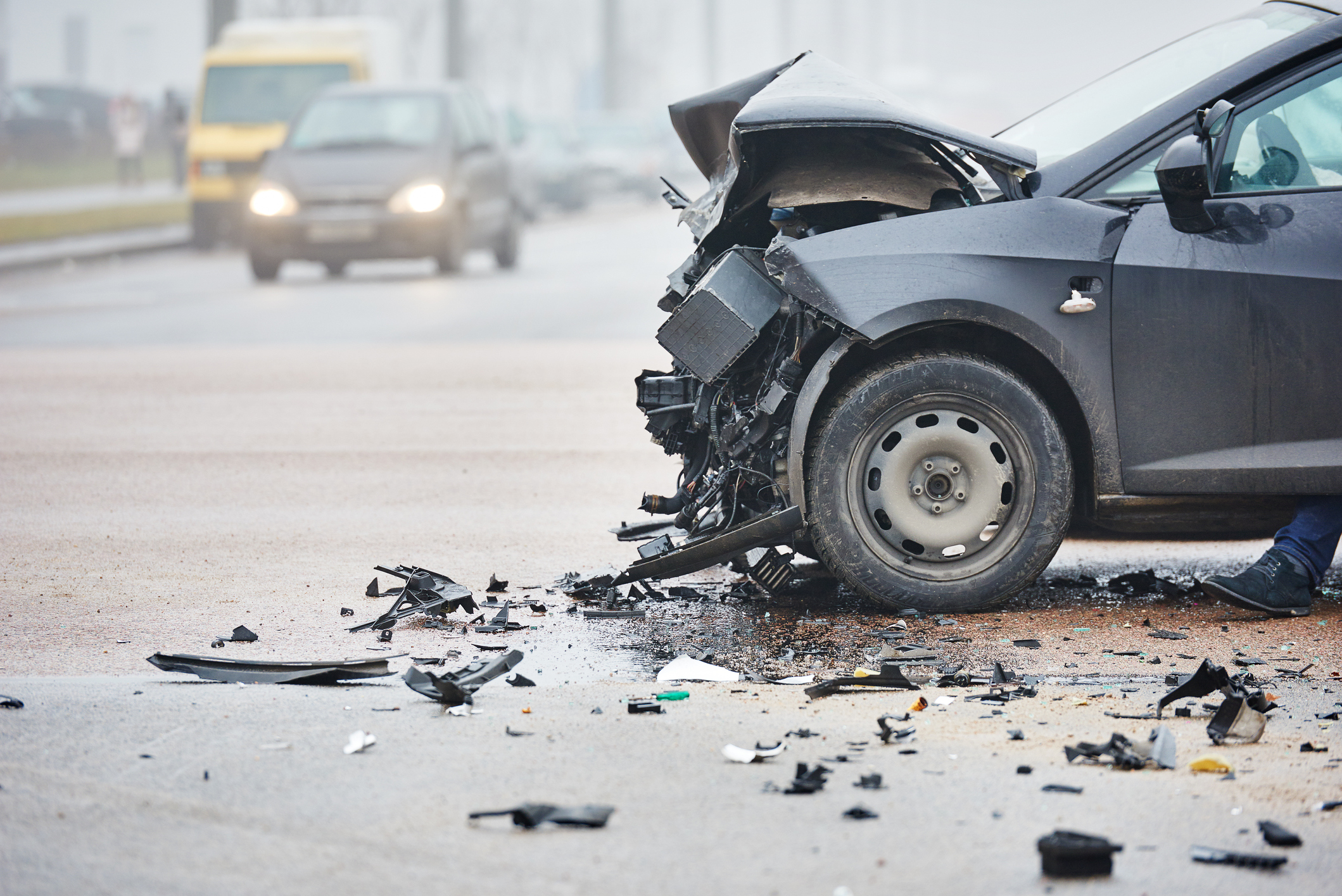When we think about dangerous driving styles, we often picture the image of an angry driver tailgating other drivers and weaving in and out of traffic. Not many of us think about someone gripping a steering wheel firmly and traveling under the speed limit. However, timid drivers can pose a risk as any other careless driver on the road.
Therefore, you should contact a Philadelphia car accident attorney if you are injured in an auto accident. Your attorney will discuss legal options for your case with you.
Why timid drivers can put you in danger and make the road less safe
Safe driving is essential, and a timid driver who takes being careful to an extreme level. Types of timid drivers are mentioned below.
- Newly licensed drivers
Due to less experience of driving on roads, these drivers get tensed when changing lanes, maintaining a speed that requires focus, or making right turns while vehicles approaching from the left side.
- Elderly drivers
Even though elderly drivers are experienced in driving, there are some whose hearing, vision, and reflexes are not sharp as they used to be.
- Impaired drivers
In general, impaired drivers drive recklessly and aggressively. Still, sometimes an impaired driver driving below the posted speed limit can cause extreme caution on the road while trying to avoid detection or collision.
What makes timid drivers unsafe?
If you have seen a timid driver on the road, you may know some of their actions, which include the following.
- Applying brakes on a clear road.
- Driving below the speed limit.
- Waving at other drivers at an intersection when other drivers might not stop their vehicle.
- Stopping in a roundabout.
- Yielding when they have the right of way.
- Driving near to median/curb to stay away from other vehicles
Traffic laws ensure the safety of every vehicle that shares the road, including cyclists and pedestrians. Timid drivers often break the rules due to their fears of other vehicles.
Are aggressive drivers less dangerous than timid drivers?
The most dangerous drivers are those who do not care for the safety of other vehicles and drivers around them. It applies to both aggressive and timid drivers, making them dangerous in their own way.
A timid driver cares about their vehicle not getting hit by other vehicles on the road, failing to know how other drivers may react to them, especially when the timid driver is driving below the speed limit. A nervous driver can cause a standard driver to become aggressive in some scenarios when the driver is trying to overtake a slow-driving vehicle.

